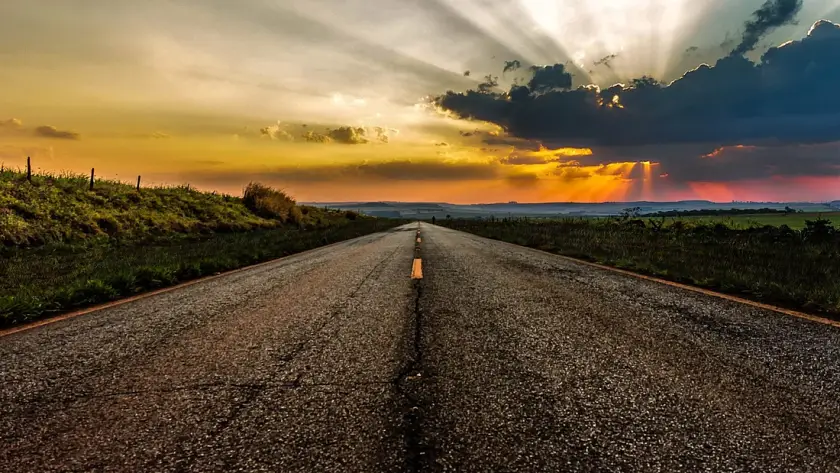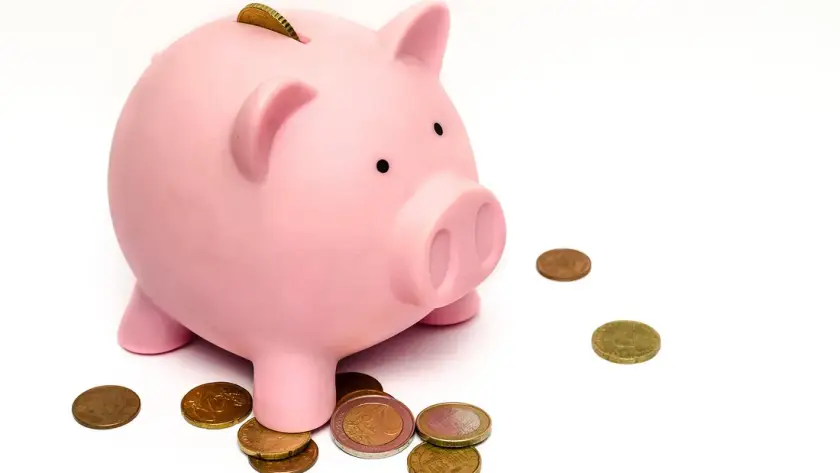Inside Quake’s metrics. What makes a great product? Founders may ask this question in an effort to understand why VCs choose to invest in certain startups. Instead of asking that, founders should be asking themselves if their product is a great product for investment. Many companies build stellar products, but not all of them are a…






